Impact Report
Clean water, decent toilets and good hygiene
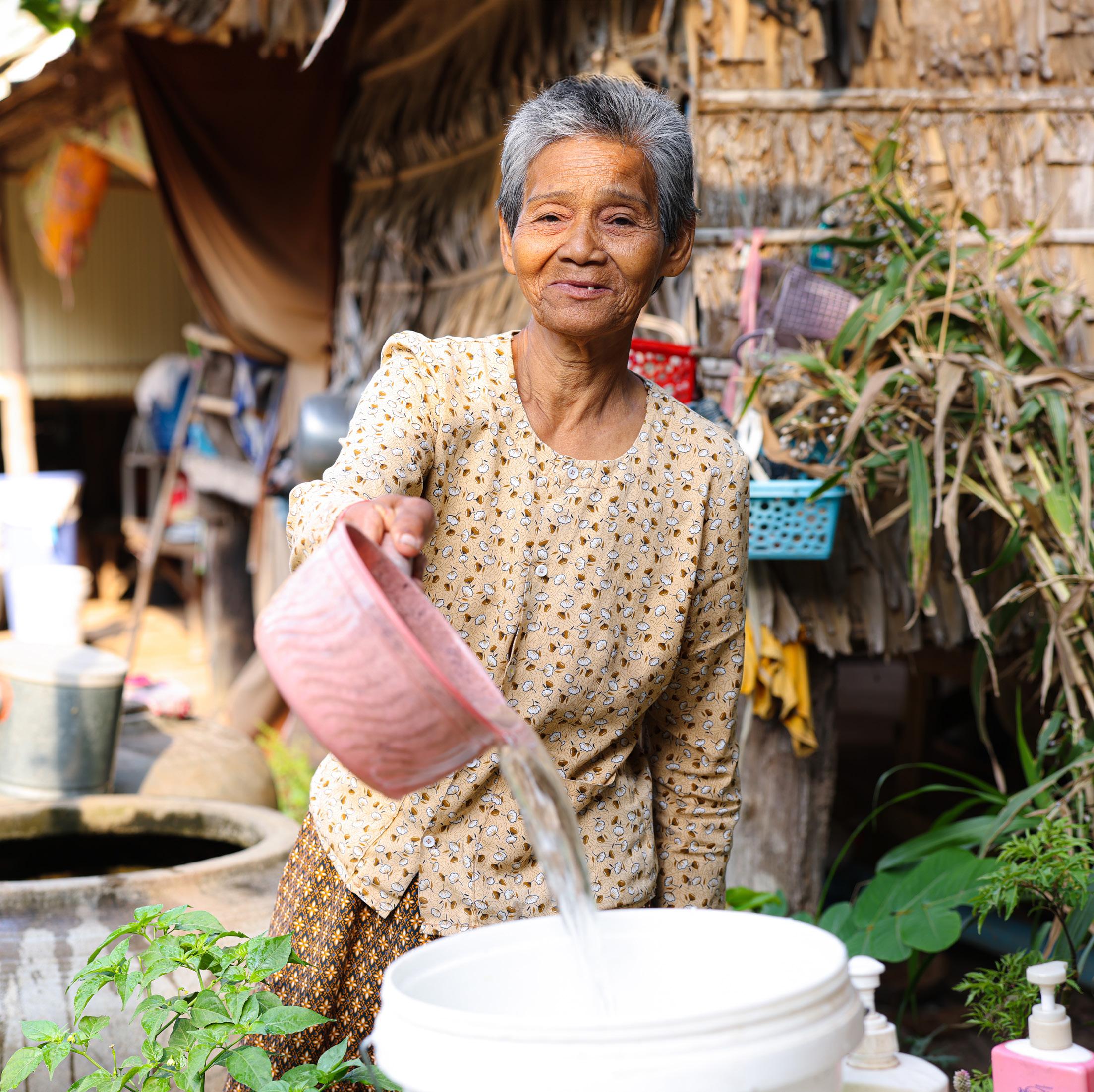 WaterAid/Tariq
Hawari
WaterAid
WaterAid/Tariq
Hawari
WaterAid
WaterAid is an international not-for-profit, determined to make clean water, decent toilets and good hygiene normal for everyone, everywhere within a generation. Only by tackling these three essentials in ways that last, can people change their lives for good. Learn more about WaterAid at wateraid.org.au
Our vision
WaterAid’s vision is of a world where everyone, everywhere has safe and sustainable water, sanitation and hygiene.
Our mission WaterAid’s mission is to transform lives through sustainable and safe water, sanitation and hygiene.
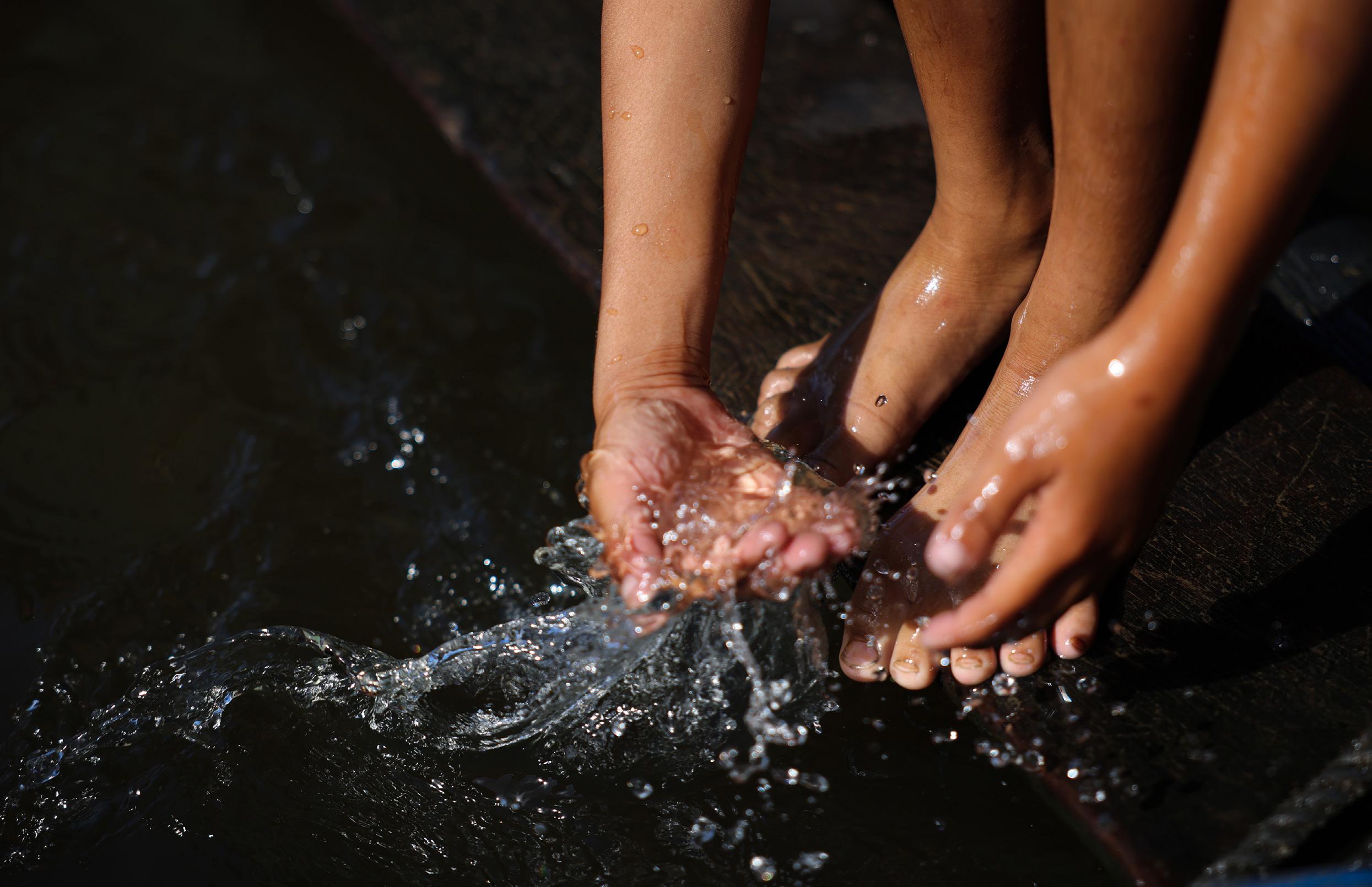
Our values
They define our culture and unite us across the many countries in which we work. They are at the very heart of WaterAid – who we are, what we do and how we do it.
• Respect - We treat everyone with dignity and respect, and champion the rights and contribution of all to achieve a fairer world.
• Accountability - We are accountable to those we work with and to those who support us.
• Courage - We are bold and inspiring in our actions and words, and uncompromising in our determination to pursue our mission.
• Collaboration - We work with others to maximise our impact, embracing diversity and difference in the pursuit of common goals.
• Innovation - We are creative and agile, always learning, and prepared to take risks to accelerate change.
• Integrity - We act with honesty and conviction, and our actions are consistent with openness, equality and human rights.
On the front cover: Meas Art, 70, adds clean water to the handwashing facilities in Kampong Chhnang Province, Cambodia
WaterAid/Tariq Hawari
From the Chair and Chief Executive
Rosie Wheen Chief Executive
Karlene Maywald Chair
We all know how essential clean water, decent toilets and good hygiene are. WaterAid’s vision is such a compelling one. The impact we have is profound and is on people, on communities and indeed on nations. The ripple effect of impact continues through other systems such as health and education.
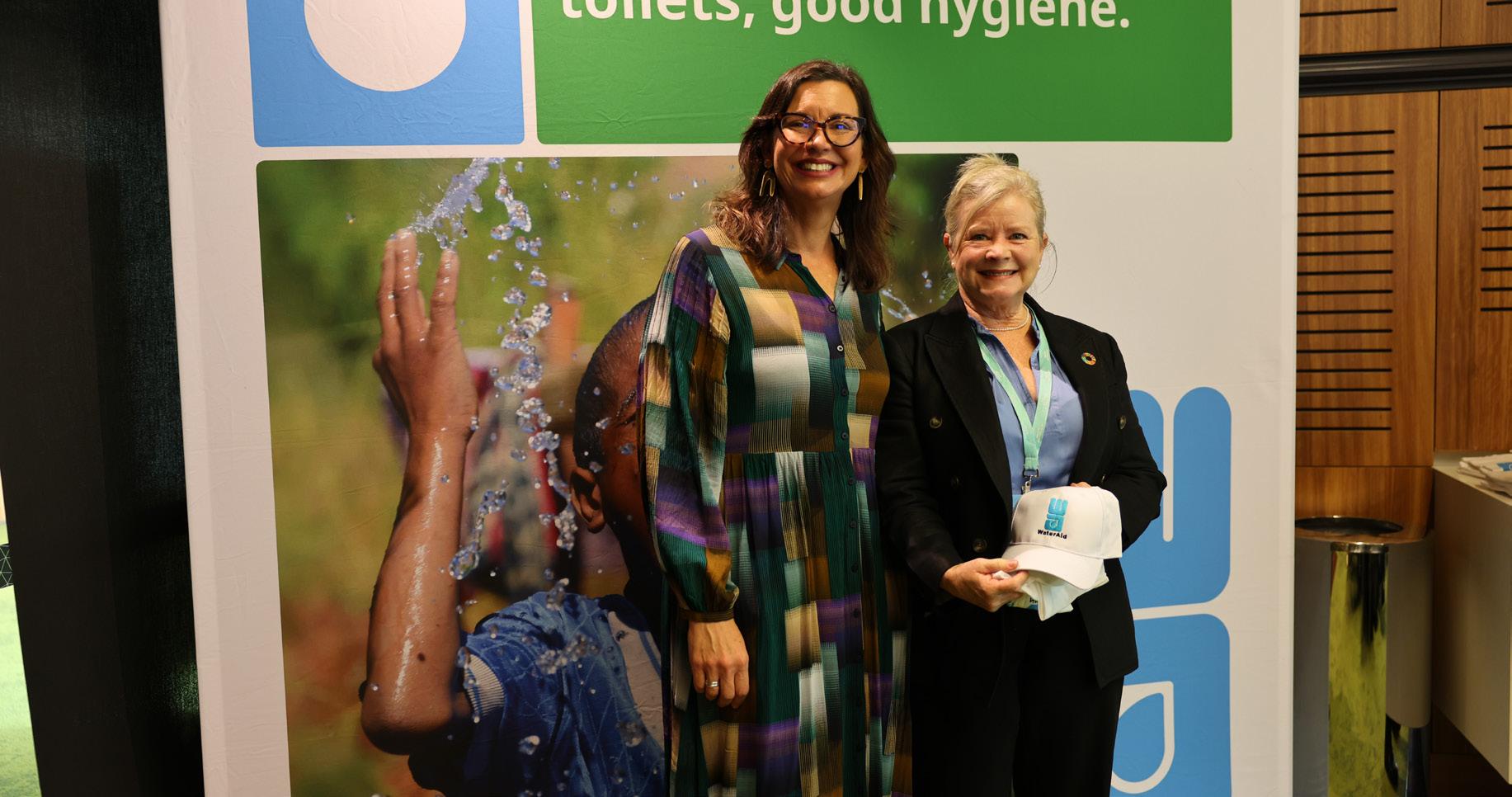
When reading this annual report we are starkly reminded that the work we do is about people having access to basic services, such as being able to turn on a tap, but also that for that to happen systems need to thrive. In the countries we work, we are focused on strengthening those systems - the people, behaviours, policies, resources, processes and institutions.
This is evident through the impact we see on these pages. In Timor-Leste, WaterAid and its partners installed or rehabilitated water supply and improved access to sanitation and hygiene in three communities, eight schools and four healthcare facilities. In Cambodia, four provinces declared Open Defecation Free (ODF) status with WaterAid’s support, benefiting more than 3.6 million people in 40 districts. In PNG, WaterAid and its partners completed community WASH projects in three communities in Wewak district; four schools in Hiri district, and one healthcare facility in Wewak district.
The scale and complexity of the challenge we face to achieve our vision is massive. As this annual report shows, we are responding to this scale and complexity with WaterAid’s trade mark focus on inclusive water, sanitation and hygiene for people with disabilities and marginalised groups
None of the stories of change captured here would have been possible without our partners, donors, committees and members. We know that the most meaningful thank you is knowing your support has changed the lives of the communities we serve with access to clean water, decent toilets and good hygiene.
We leave with you this personal note from Rosie as outgoing Chief Executive: It has been my privilege to contribute to WaterAid’s mission as a staff member since our very first Annual report, nearly twenty years ago. This will be my last as a staff member though I will always be a WaterAid donor and supporter. I’m so proud of everything we have achieved in this annual report along with all those before it, and have every confidence that the WaterAid team and its many supporters will continue to drive change and have a remarkable impact in the future. I would like to thank each and every one of you for your contribution to WaterAid’s mission.
4
4 | WaterAid Impact Report 2022/23
WaterAid
Our Achievements This Year
The last 12 months have seen WaterAid Australia continue to make a substantial contribution to access to water, sanitation and hygiene (WASH) in Cambodia, Papua New Guinea (PNG) and Timor-Leste.
Key achievements include:
Encouraging governments to recognise the rights of people with disabilities to accessible and inclusive WASH
• In Cambodia, 15 targeted districts receiving WaterAid system-strengthening support have integrated inclusive WASH components in their district WASH plans. Two districts have improved accessibility of public infrastructure.
Improving access to WASH for communities, schools, healthcare facilities (HCFs) and workplaces
• In Timor-Leste, WaterAid and its partners installed or rehabilitated water supply and improved access to sanitation and hygiene in three communities, eight schools and four healthcare facilities.

• In Cambodia, four provinces declared open defecation free status with WaterAid’s support, benefiting more than 3.6 million people in 40 districts. In addition, 453 marginalised households were connected to piped water, and almost 2,500 households, six primary schools and two healthcare facilities benefit from water kiosks.
• In PNG, WaterAid and its partners completed community WASH projects in three communities in Wewak district; four schools in Hiri district, and one healthcare facility in Wewak district.
WASH in Healthcare Facilities (HCF)
• In Cambodia, WaterAid supported the rollout of the Cambodian Hospital Accreditation Standards and the WASH-FIT tool in 15 healthcare facilities
Supporting the development and roll-out of the national WASH information management systems (MIS)
• In PNG, WaterAid worked closely with the National WASH Program Management Unit to co-facilitate the first two regional trainings to roll-out the MIS, which led to WASH monitoring in over 20,000 households.
Integrating climate resilient WASH and Water Resource Management
• In Timor-Leste, the pilot of the new catchmentwide inclusive water resource management model was completed in two communities.
• In Cambodia, WaterAid has supported Sameakki Meanchy district to become the first district in Cambodia to have an inclusive Water Resource Management plan.
• In PNG, WaterAid supported the convening of the country’s first ever Technical Working Group on WASH and Climate.
5 | WaterAid Annual Report 2022/23
WaterAid/Tariq Hawari
WaterAid/Tariq Hawari
WaterAid/Tariq Hawari
Impact
Our Global Impact
Globally, between 1 April 2022 - 31 March 2023, WaterAid reached:
Access
to clean water
413,000 household members, 154,000 school students and 2,194,000 patients in healthcare facilities
Improved hygiene
1,805,000 household members, 1,036,000 school students and 1,868,000 patients in healthcare facilities
Improved sanitation
129,000 household members, 135,000 school students and 1,612,000 patients in healthcare facilities
These figures refer to the people WaterAid has directly reached as a federation internationally through services delivered together with our partners. They only show part of our impact.
To make lasting change happen on a massive scale, we also convince governments to change laws; link policy makers with people on the ground; change attitudes and behaviours; pool knowledge and resources; and rally support from people and organisations around the world. Through this work we benefit many more people than those shown below.
6
26 Pakistan 27 Nepal 28 Bangladesh
Myanmar 30 Cambodia 31 Timor-Leste
Papua New Guinea
Country programmes
29
32
WaterAid/Tariq Hawari
WaterAid has been working to improve water resource management in Papua New Guinea (PNG), Timor-Leste and Cambodia.

In Papua New Guinea and Timor-Leste, we have been working with rural communities who manage their own water supply. We helped the community to understand the water cycle and how rainfall in highland areas contributes to rivers and groundwater flows further down the mountain. We also ran activities designed to help communities map out the social and economic impacts of extreme weather, and to think about how the resulting droughts, floods, landslides or crop failure can impact different community members. Discussions about gender equality, disability and social inclusion were particularly important, as these groups are often most affected by water stress.
In Timor-Leste we have partnered with a local community development organisation, FHTL, and a permaculture organisation, Permatil, to guide communities in how they can dig retention ponds and reforest the slopes uphill of their water springs to reduce erosion and increase the volume of water soaking into
the groundwater. We tied all of these activities together through local cultural laws called Tara Bandu, in which community members commit to protecting their water sources and reducing water wastage, and are kept accountable to these commitments through traditional cultural practices.
In Papua New Guinea we have supported the national government over many years to set up a national monitoring system to track which communities have access to clean water. This year we have added a set of questions and indicators on water security so that as local government officials are collecting data, they also identify which communities and districts are most at risk of water insecurity.
WaterAid has been working with all water users and stakeholders in Samakki Meanchey district to create a district-wide water resource management plan, owned by the district government. One of the main results from this work has been the closer
collaboration between different government departments, private sector, and community groups. WaterAid also worked with piped water organisations to increase household access to water supply and storage. As a result of this work, the total number of piped water connections in the target district increased to 1,206 new connections over the project period, in which 71 connections were for marginalised households.
plan development has brought us closer to relevant provincial departments including the PDRD and PDISTI. Before, we did not know and never communicate with them, but now we closely work with and learn from them too.” - Government official from Samakki Meanchey district, Cambodia
7 | WaterAid Annual Report 2022/23
Water
“The [district]
Impact
WaterAid/Tariq Hawari
Kung Ouern, 66, and her great niece at their home in Sammeaki Meanchey district, Cambodia

Our Climate Change Response
WaterAid’s work building climate resilience has included:
• Developing and applying a district-wide approach to climate resilient water, sanitation and hygiene in Papua New Guinea
• Rehabilitating, protecting and revitalising community water resources in villages across Timor-Leste, thereby giving communities access to clean water during the dry seasons while addressing food insecurity and livelihoods as the community can grow and sell fruits and vegetables, reducing the risks of erosion and landslides from tree planting and soil stabilisation, and improving natural biodiversity.
• Developing and implementing a gendersensitive and inclusive district water resource management plan in Samakki Meanchey District, Cambodia.

Mrs. Soutieng, the owner of piped water connection business Tbaeng Kpous, built an embankment to protect her water station from emergencies after attending a Standard Operating Procedures for flood and drought training. A few months later, a flash flood hit almost the entire district but fortunately, this embankment protected her station.
Gender Equality, Diversity, and Social Inclusion
Over the past three years, WaterAid has collaborated with the London School of Hygiene and Tropical Medicine to produce the study ,‘Translating disability inclusive WASH policies into practice: lessons learned from Cambodia and Bangladesh’. The study had 65 participants and aimed to develop evidencebased guidance for the government in Cambodia, Bangladesh and other low and middle-income countries about implementing disability-inclusive WASH at scale.
The findings from the research were disseminated widely in Cambodia and Bangladesh. In Cambodia, five workshops reached more than 300 participants including more than 100 people with disabilities. In Bangladesh, three events reached more than 100 participants including 45 people with disabilities.
The study and the workshops increased awareness
among duty bearers (including service providers) about the WASH access of people with disabilities and caregivers, how it can be improved, and the power and value of ensuring people with disabilities are at the front and centre of WASH progress.
The project also led to improved collaboration between WASH, disability and health actors, and increased the meaningful participation of people with disabilities in WASH policy discourse and the identification of solutions. It also enhanced the skills of disability and WASH practitioners with and without disabilities to carry out scientific research.
9 | WaterAid Annual Report 2022/23
WaterAid
Sanitation
Having access to a hygienic toilet in rural areas of Timor-Leste can be challenging. Toilets often do not exist, or if they do, can be shared between many households.
WaterAid has supported government to strengthen WASH strategic planning, and undertaken community-based activities in partnership with local village council members to encourage uptake of sanitation and hygiene practices.
These activities are having remarkable results, pushing rates of open defecation down. By late 2022, rates of open defecation had dropped
to 8% in Manufahi and only 1% in Liquica. Rates of household toilet ownership have also increased substantially, up to almost 96% in Liquica and 83% in Manufahi.
As of March 2023, the TimorLeste government has declared that in 16 sucos out of 29 in Manufahi and 7 sucos out of 23 in Liquica, all households have maintained open defecation free status, have access to their own toilet, have transitioned to a higher standard toilet, and have a handwashing
Hygiene
facility with soap and water.
In the last year, WaterAid has focused on two projects in Cambodia aimed at improving hand hygiene and environmental cleaning in healthcare facilities (HCFs).

1. Clean Frontline aimed to establish a safer and cleaner environment in HCFs by developing an innovative cleaners’ training program. WaterAid developed a training manual, digital training videos, and identified appropriate cleaning products. 13 hospitals in Cambodia were supported to trial this intervention, and 52 healthcare workers became
trainers on the new environmental cleaning procedures and provided training to 113 cleaners and other healthcare workers.
2. Changing Hygiene and Maternal
Priorities project aimed to improve the hygiene behaviours of midwives, mothers, fathers, caregivers, and visitors that influence maternal and neonatal infection during labour, delivery and post-natal care in HCFs. The intervention included environmental restructuring, cues and reminders, and participatory training. The analysis of data is ongoing, however early indications are that the CHAMP Plus intervention was successful in improving adherence to hand hygiene protocol among midwives during childbirth.
10
0% 10% 20% 30% 40% 50% Liquica Manufahi Proportion
Baseline (2021) Endline (2022)
of HHs surveyed practicing open defecation
Figure 1: Percentage of households surveyed that practice open defecation in targeted administrative sucos in Manufahi and Liquica
WaterAid/ Remissa Mak 10 | WaterAid Annual Report 2022/23
Ensuring safe and sustainable water, sanitation and hygiene for everyone requires strong systems of people and institutions working together with the right policies, resources, capacities and will power. We are working behind the scenes with multiple partners to strengthen the systems required to keep services running and hygiene behaviours reinforced. Systems strengthening involves working across all levels to improve WASH governance, coordination, planning, monitoring, financing, accountability, water resource management and social and gender dynamics.
Joni Dos Reis, 35, is the Sub District Facilitator in Turiscai, Timor-Leste. His role involves identifying which communities need water systems, the preparation and collection of data, social preparation through community action plans, assessing the urgency of different communities, supporting the implementation of water systems, and monitoring the function of the water systems themselves.

WaterAid/Tariq Hawari
Our Work in System Strengthening
WaterAid has been working to improve accountability for water supply in rural communities in Timor-Leste. We developed a process for community members and local governments to meet and rate their satisfaction with their water services against a scorecard. The groups then come together to compare scores, give each other feedback and identify what they need to do to improve water supply services together.
We also introduced a similar process in rural Cambodia, were piped water is usually provided, coordinated and monitored by a combination of small businesses, local council
and government. WaterAid worked with the Cambodian Water Supply Association to set up a scorecard process where government departments, water supply businesses and community representatives come together to clarify each other’s responsibilities and give constructive feedback. Everyone benefits from this process:
• Joint council-business promotion of piped water services has led to over 14,000 people connecting to the piped networks in the past two years.

• Councils and businesses have set up subsidy programs to help the
poorest households pay water connection fees.
• Water businesses use feedback from their users to improve their service.
“Before WaterAid implemented the accountability program, my company never thought about getting feedback from service users and how they can raise issues to us, and the relationship with the authorities is not so good. However, after the project, our company has a good relationship with authorities and departments, and we can get feedback from the service receivers.”
- Ms Raksmey, piped water operator
Our Work in Healthcare Facilities
Antimicrobial resistance (AMR) is among today’s most significant global health threats, and water, sanitation and hygiene (WASH) in healthcare facilities and AMR are closely interlinked. When people don’t have access to clean water in healthcare facilities or adequate sanitation facilities, they are more likely to get sick from healthcare associated infections. This can lead to the overuse and misuse of antibiotics, which can contribute to the development of AMR. WaterAid has been supporting WASH in tertiary level hospitals in Fiji, the Solomon Islands, Papua New Guinea (PNG), and Samoa as part of the COMBATAMR program. The WASH interventions that WaterAid has facilitated include annual WASH audit plans, the development of WASH standard operating procedures and guidelines adaptable to local needs, and contributing to professional development education and training for the IPC team, cleaners, and ground staff of the hospital facilities.
In 2022, WaterAid conducted WASH and IPC baseline assessments at the national hospitals in Fiji, PNG and Solomon Islands. The same process was undertaken in Samoa early 2023. WaterAid aims to use the results from the assessments to champion WASH across hospital governance and support improvements to quality of care whilst reducing AMR.
12
12 | WaterAid Impact Report 2022/23
Our work in PNG
In FY23 WaterAid Papua New Guinea (PNG) continued to use a systems strengthening approach, working with key national and subnational government departments, and other water, sanitation and hygiene (WASH) actors to strengthen the WASH system in PNG, and develop best practice examples of WASH projects. WaterAid PNG continues to support the roll out of PNG’s National WASH Policy, and is working towards increasing WASH access for all.
Key achievements this year included:
• Supported the development of National WASH in Healthcare Facilities Standards and Guidelines to help strengthen the PNG healthcare system, and improve WASH infrastructure and systems in healthcare facilities.
• Supported the establishment of the WASH, Water security and Climate Change Integration Technical Working Group to provide a platform for key stakeholders from the health, education, climate/meteorological, agriculture sectors, and development partners to coordinate and share learnings.
• Continued to support the WASH PMU to roll-out the National WASH Monitoring and Information System (WASH MIS), supporting the delivery of two regional trainings, for the Momase and New Guinea Island’s Provinces.
• Provided capacity building and support to the Wewak District WASH Coordination Body, as well as continuing to pilot community WASH projects, with three community water projects completed directly benefiting over 1,800 people. Sanitation and hygiene training was also delivered to nearly 1,200 people from two of those communities. A major highlight was the declaration of one of the communities, Walandoum, as open defecation free by the East Sepik Provincial Health Authority.
• Installed WASH infrastructure in four schools in Central Province, benefiting 2,333 students and 56 teachers. We also supported the establishment of WASH Committees
Total Expenditure: $3,282,155
Locations of Projects:
• National
• National Capital District
• Central Province
• East Sepik Province
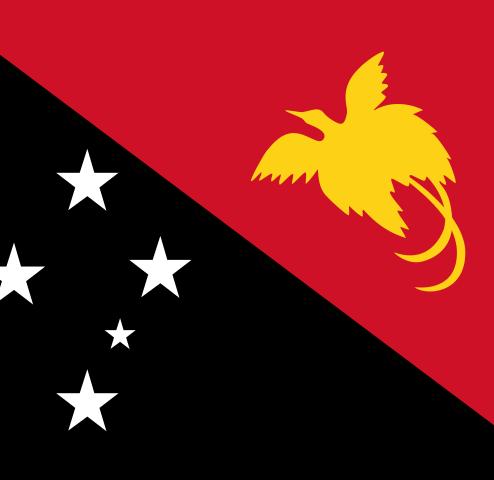
• In partnership with Netball Australia and Netball PNG, delivered training using netball training and skills development sessions to also deliver health and hygiene, and leadership and self-confidence training for students, reaching a total of 467 students.
• Piloted a network of water kiosks in Pari village, providing a model for an affordable, reliable, and safe water supply that can be used in other Peri-Urban and settlement communities in PNG.
• WaterAid continued to provide technical input and advice into major policies, guidelines, and other tools throughout the year.

13 | WaterAid Annual Report 2022/23
WaterAid/RedAnt Piksa
Our work in Cambodia
Throughout FY23 WaterAid
Cambodia focused on four priority areas: strengthening the leaders, workforce and system for sustainable WASH; championing equitable and inclusive WASH access for marginalised groups; improving health opportunities through WASH in healthcare facilities; and striving towards increased water security and climate resilient WASH.
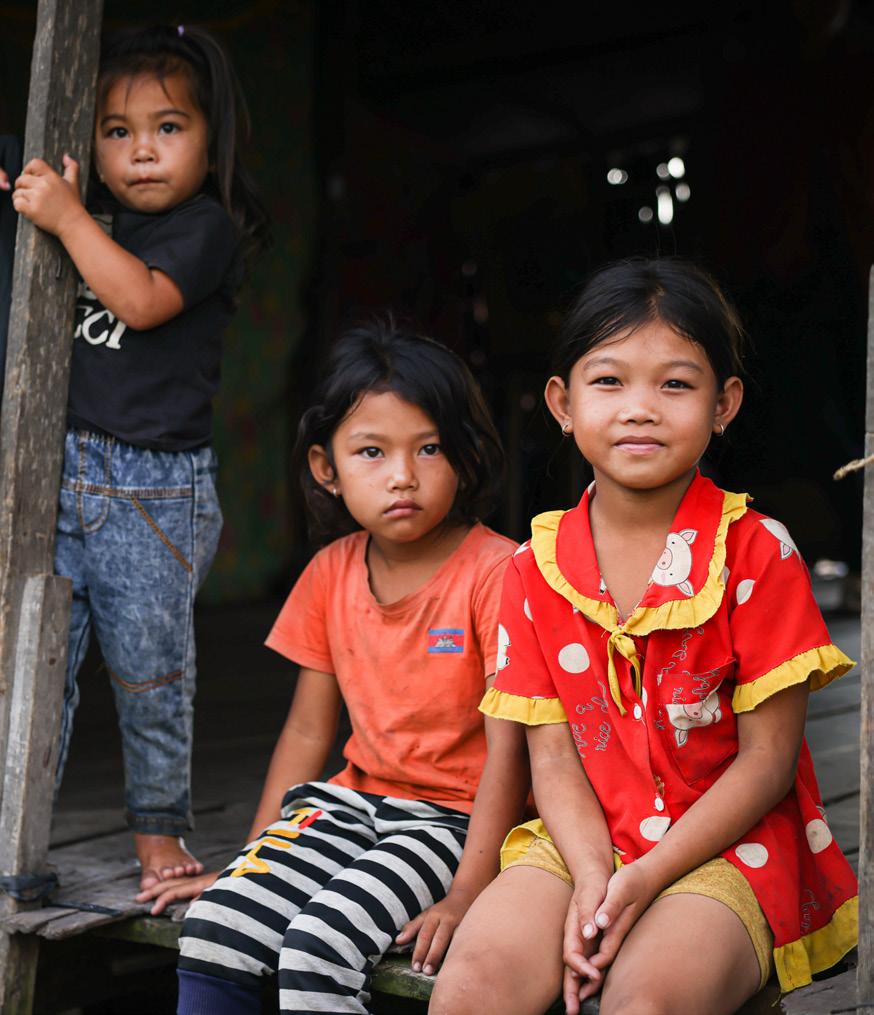

Key achievements this year included:
• Through our sanitation work in Cambodia, four provinces were declared open defecation free, benefiting more than 3.6 million people across 40 districts and municipalities who have confirmed access to sanitation facilities.
• Supported 453 marginalised households to be connected to piped water supply. A further 2,463 households, six primary schools and two healthcare facilities are now able to access water kiosks supported by WaterAid to ensure clean, reliable water supply.
• Worked to deliver activities related to water resource management including use of clean water, connecting to piped water, water source protection, safe household water treatment, water storage in behaviour change interventions targeting community members.
• WaterAid has worked with national and sub-national government authorities to prioritise and support WASH improvements that are inclusive, sustainable and equitable. Over the past year, WaterAid has worked with 15 districts to develop and integrate inclusive WASH into their work plans to deliver improved WASH components to all.
Expenditure: $3,407,107
Project locations (Provinces):
• Kampong Cham
• Battambang
• Kratie
• Kampong Chhnang
• Kampong Speu
• Kandal
• Svay Rieng
• Reached 76,233 people with our work to improve WASH and hygiene behaviour practices for factory workers across nine garment factories, as well as in the surrounding communities where the families of factory workers reside. The target factories have reported reduction in employee absenteeism and increased knowledge and understanding by workers on how to manage menstrual hygiene in the workplace.
• Continued to work in healthcare facilities in Cambodia, engaging with 17 healthcare facilities across four provinces. We have been working with healthcare facilities on hand hygiene behaviour interventions, accessible WASH services and environmental cleaning.
14
WaterAid/ Tariq Hawari
Our work in Timor-Leste
In FY23, WaterAid TimorLeste continued to focus on collaboration with local civil society organisation implementing partners to deliver water, sanitation and hygiene (WASH) services, strengthen national and municipal government WASH systems, influence and secure resourcing for the WASH sector, champion WASH as a human right, and explore bestpractice models of climate resilience in WASH.
Key achievements this year included:
• Constructed accessible toilet and menstrual hygiene management facilities in four healthcare facilities and 12 schools, with additional wheelchair ramps to classroom buildings constructed in eight of these.

• Supported municipal governments in Manufahi and Liquica to develop five-year Municipal WASH Strategic Plans.
• Trailed the facilitation of a participatory process to develop Community Water Resource Management Action Plans in Loidahar (Liquica) and Bubususu (Manufahi) sucos.
• As part of this process, communities also decided to review their Tara Bandu (local cultural by-laws) to include additional environmental principles related to water source protection, water conservation, and reforestation as well as gender equity and inclusion. In naming climate resilience and water resource management explicitly as part of Tara Bandu, local leadership and communities alike more widely understand and value environmental conservation and climate adaptation and mitigation.
• Maintined open defecation free status in Manufahi and Liquica municipalities, and supported 16 sucos in Manufahi and seven sucos in Liquica to reach every household with access to their own improved toilet and handwashing facilities with soap.
• Continued to integrate Gender Equality, Diversity and Social Inclusion (GEDSI) into the WASH sector. Communities have reported shifts in divisions of labour and gendered taboos at household level.
Expenditure: $2,095,559
Locations:
• Dili
• Liquica
• Manufahi
• Worked to establish a cloud-based water resource management monitoring system in project areas to support collection of real-time water supply and climate data. This real-time data may be visualised in an online dashboard and accessed by stakeholders at the community, municipal and national level to understand and plan for anticipated water scarcities.
• Launched an online knowledge-sharing platform to bring together WASH information and resources from across TimorLeste so that they may be easily accessed by government and civil society organisation decision-makers.

15 | WaterAid Annual Report 2022/23
WaterAid/ Tariq Hawari
Progress through Partnership
In 2020, WaterAid was proud to partner with VF Corporation, a global apparel and footwear company with brands such as North Face, Vans and Timberland, and The VF Foundation, the corporation’s global philanthropic arm, to improve conditions for factory workers and for the communities near factories in Cambodia.
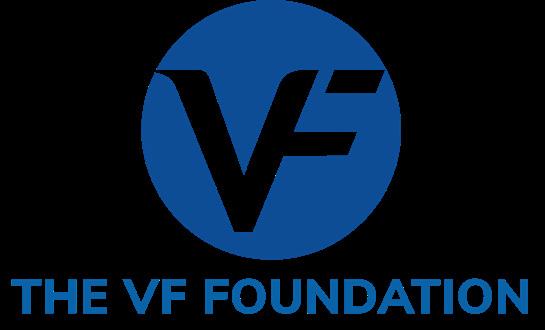
The Garment, Textile, and Footwear industry represents the largest portion of Cambodia’s manufacturing sector. Workers are predominantly women under 35 years of age, and many live in temporary accommodations. Many factories are opening in rural areas around the country with garment factory workers commuting significant distances to work from their villages.
Together WaterAid, VF Corporation and The VF Foundation have been providing WASH training to key personnel throughout factories and communities, developing behavior change communications and intervention activities for factories and communities, strengthening WASH knowledge and skills among women and other marginalised groups as well as local and provincial governments, advocating for open defecation free-status, promoting piped water connections through accountability mechanisms, providing subsidy support to the poor to increase access to water supply services, and rehabilitating and constructing water kiosks, among other activities.
Since the partnership began in 2020, over 200,000 community members and factory workers have benefitted from WASH interventions.
Other successes include:
• 15,000 people benefitted through piped water connections that allow
them access to safe water at home. This includes 2,450 marginalised community members
• 52,000 individuals have improved sanitation
• Improvement in 150 sub-national local authorities’ capacity to provide and manage WASH services in their local area
• Three provinces have achieved open defecation-free status
• WaterAid has developed and rolled out a WASH behavior change promotion package for garment factory workers
These achievements demonstrate the powerful impact a partnership like this one can have. WaterAid is looking forward to continuing the successful partnership with VF Corporation and The VF Foundation to further the impact of vital WASH services to even more Cambodian workers, families, and communities in the future.

16
Workers Champion Event in Strarite factory
WaterAid/Hoky He
Our Corporate Partners




















The achievements and progress laid out in this report has only been possible through the critical support of our partners and members. The ongoing support received from the coporate sector enables us to make tangible and sustainable change, and allows us to plan for the future in order to have the greatest possible impact on global access to water, sanitation and hygiene.

17 | WaterAid Annual Report 2022/23
The support WaterAid receives from the corporate sector is essential.
Gold Members Global Parnters National Partners
Silver Members









Entry LevelMembers








Major Sponsors











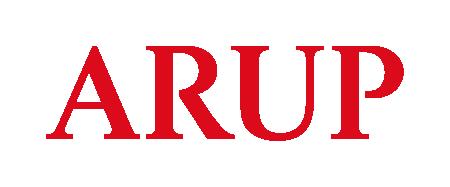





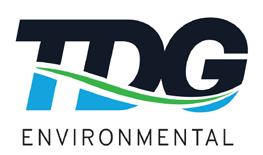










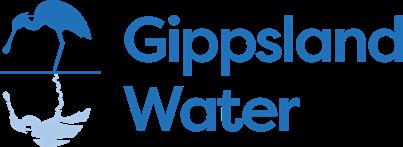
18
Stay in touch
To sign up for our regular e-newsletters, head to wateraid.org.au/subscribe WaterAidAustralia

WaterAidAustralia
WaterAidAus
WaterAidAustralia /company/wateraidaustralia

WaterAid Australia
3 Albert Coates Lane, Melbourne, VIC, 3000, Australia
Phone: 1300 858 022
info@wateraid.org.au wateraid.org.au
ABN: 99 700 687 141
 WaterAid/Tariq
Hawari
WaterAid
WaterAid/Tariq
Hawari
WaterAid






















































































